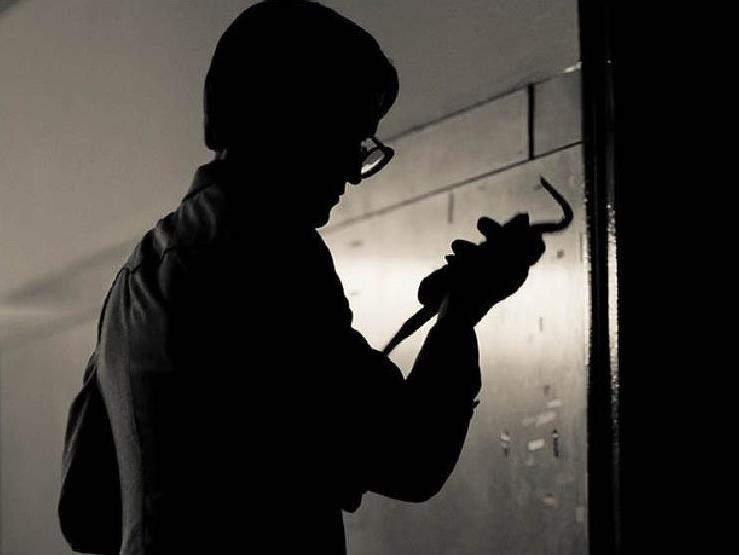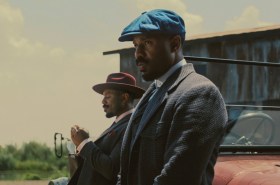Image: supplied
On March 8, 1971, a group calling themselves The Citizens’ Commission to Investigate the FBI broke into an office in Media, Pennsylvania. As the so-called “Fight of the Century” between Muhammad Ali and Joe Frazier kept Americans glued to their television screens, the eight-member band of burglars fleeced filing cabinets filled with evidence of the nation’s illicit surveillance regime. Their findings were published by the Washington Post, and debated by politicians and the public alike. The revelations would lead to the first congressional inquiry of US intelligence agencies in the country’s history; however, despite the extensive resources expended in trying to track down the culprits over a five-year manhunt, the thieves were never caught.
Johanna Hamilton’s examination of this influential incident takes its name from the year it happened; however the documentary also offers an introduction to the birth of the culture of government scrutiny – both of and by its populace. It is impossible to ignore the implications that still linger nearly half a century later, or to avoid the parallels to similar recent event to be found in the ordinary people depicted and their efforts to act against underhand methods of state-sanctioned spying.
Indeed, the tale 1971 tells is both familiar and astonishing all at once, a narrative born of its time and also relevant in contemporary circumstances. In her first stint as writer/director after producing 2008’s Pray the Devil Back to Hell, Hamilton’s straightforward handling of her subject emphasises elements that are now routine and data that has become a matter of record. Yet, even as she compiles a standard assortment of talking heads sharing their insights and memories, newsreel footage providing historical context, and re-enactments enlivening the planning, staging and aftermath of the break in, her feature never loses its sense of horror that unfettered bureaucratic power could lead to such a scenario.
In fact, what at first appears to be a plainly relayed account actually increases in potency and perspective during its modest 79-minute length. Archival clips are suitably damning, and though the restaging does the movie few favours acting-wise, their heavy-handed usage helps convey the tension and determination that simmered at the time. Piece by piece, the documentary builds a picture that seethes with anger, as well as intimacy. The latter stems from perhaps the most significant part of the film – not the situation it trades in, but those who explain it, with 1971 also offering a snapshot of its generation.
Though they eluded capture four decades ago, five of the eight perpetrators face the camera to reflect upon their involvement, their status as impassioned advocates, and their evolution from protests to disruption. Through their cooperation with Hamilton, 1971‘s chronicle of the early days of activities now commonplace today becomes an authentic portrait of the people at its centre. Their motivations, anxieties and even their regrets are laid bare – and that’s what makes the movie compelling viewing. The journalistic and political importance of the matter at the feature’s core can’t be shaken; however like its thematic follow-on, Citizenfour, and that documentary’s highlighting of Edward Snowden’s plight, it is the personal approach the film takes to a public issue that resonates in its retelling.
Rating: 3.5 stars out of 5
1971
Director: Johanna Hamilton
US, 2014, 79 mins
Human Rights Arts and Film Festival
http://2015.hraff.org.au/
Melbourne: 7 – 21 May
Canberra: 22 – 25 May
Sydney: 26 – 30 May
Darwin: 30 May – 1 June
Brisbane: 2 – 4 June
Perth: 2 – 4 June
Alice Springs: 5 – 7 June
Actors:
Director:
Format:
Country:
Release:





